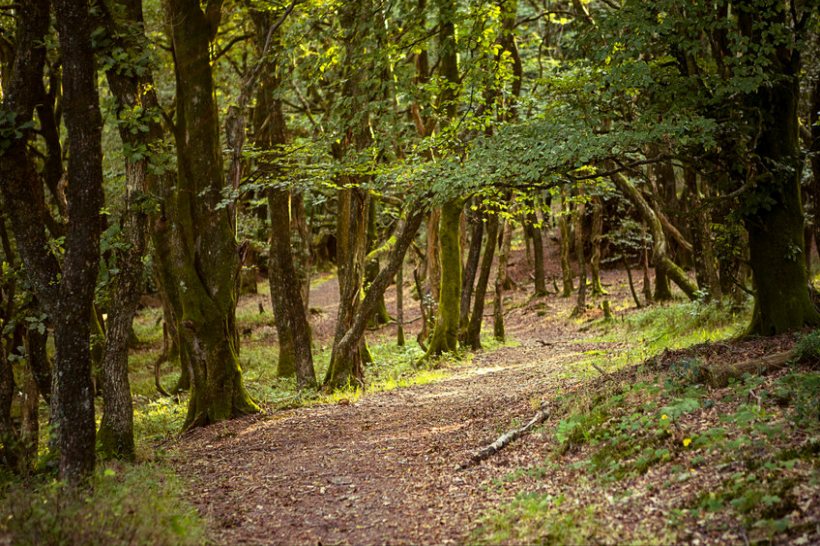
The Welsh government's purchase of farmland to plant memorial woodland for those who have died of Covid has prompted rural campaigners to call for an urgent re-think of land use policy.
The government and Natural Resources Wales have purchased 94ha of agricultural land in Carmarthenshire, with plans to plant trees in memory of people who died during the pandemic.
The land at Brownhill sits in the heart of the Towy Valley, between the villages of Llanwrda and Llangadog, and has until now been rented to farmers under a grazing and mowing licence.
While there are some rougher patches of ground in the mix, most of the land purchased by the government is described by the selling agent as being “Towy Valley agricultural land and meadows.”
The land was sourced and recommended for purchase by Natural Resources Wales, but rural campaigners from Countryside Alliance Wales fear this risks "driving an even deeper wedge between the quango and local farmers".
Rachel Evans, director of the group said: “Whilst memorial woodland is a welcome proposal in principle, I strongly question why they have selected a predominantly productive agricultural parcel of land on the banks of the River Towy.
"This decision risks irreversibly changing the Welsh countryside as we know it to be,” she warned.
The group has accused the government of fuelling the increasing cost of farmland and outbidding local farmers whilst progressing with their wider “Woodland Creation Programme” under which this project falls.
Ms Evans said it was 'fundamentally wrong' for government to step in and force inflated prices of agricultural land favouring forestry over food production.
"[It] gives a strong sense of where their priorities lie ahead of the proposed Agriculture (Wales) Bill expected this year," she added.
"It risks contributing to the fragility of rural communities - those who put food on our tables during the pandemic - by outpricing any other interested parties who have farmed this area for generations and were no doubt attempting to secure a future for the next.”
Ms Evans said she also believed that Wales' rural communities were growing anxious over the number of companies buying up land to offset their carbon emissions.
In January, London-based firm Foresight, which had bought a farm with the intention of planting trees in nearby Pumsaint, indicated that they would modify their plans after a petition was set up by concerned residents.
“We have been fearful for some time of large corporations following the trend of land grabbing farms in Wales to offset their carbon emissions," she said.
"Now it seems that our own government- those tasked with spearheading agricultural policy- are possibly as big a threat."
However, a Welsh government spokesperson told BBC Wales that farmers would be 'central' to the country's future woodland creation plans.
They said: “At the Brownhill site NRW bought three of five available lots, bidding for those containing a large percentage of wetlands, brushwood and woodlands.
“In order to create 43,000ha of new woodland by 2030, some land will need to change usage from agricultural use to woodland and we want farmers to be central to this, but the woodlands will be created for local communities in consultation with local communities.”
